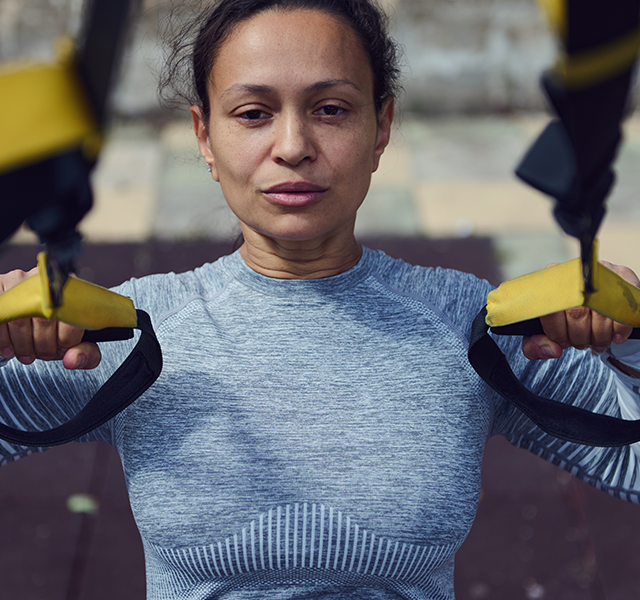Breastfeeding Basics - Novi
This is a one-time onsite Breastfeeding class taught by one of our lactation consultants. The expectant parent and support person are invited to...
At Henry Ford, our mission is help you achieve the look you want and gain personal confidence and satisfaction in yourself through both surgical and nonsurgical facial rejuvenation.
Our team of experienced, board-certified surgeons have performed hundreds of procedures on patients of all backgrounds and ethnicities, have won numerous awards for their work and are nationally recognized.
Facial plastic surgery can help you fix aspects of your face you feel detract from your appearance. We can also combat the effects of aging. Our experts will work with you to restore your youthful appearance with the following surgical options:
We offer many forms of non-surgical facial skin rejuvenation, including:
Our cleft and craniofacial services provide specialized care for patients with keloids, cleft lip, cleft palate or defects of the head, skull and face.
This is a one-time onsite Breastfeeding class taught by one of our lactation consultants. The expectant parent and support person are invited to...
This twice monthly group, facilitated by a professional counselor/social worker, offers patients an opportunity to express their feelings and...
During this FREE virtual session, participants will hear from a registered nurse specially trained in advance care planning. Participants will...
Music has an incredible ability to soothe the mind and lift the spirit. It can ease pain, calm anxiety, and support healing. If you or someone...




Compared to other generations, Gen Z drinks less alcohol and talks more about mental health. But are they really the “healthiest generation”?

Feeling anxious after a night of drinking? It's more common than you think. Here's how to deal with it.

Studies show grip strength can be a marker of your overall health, as a weak grip is associated with a higher likelihood of certain health conditions.

Gardening, baking and puzzles aren’t just for older adults. These “grandma hobbies” benefit your brain by boosting your focus and connecting you with others.
We use cookies to improve your website experience. By using this site, you agree to our Terms of Use. Read our Internet Privacy Statement to learn what information we collect and how we use it.